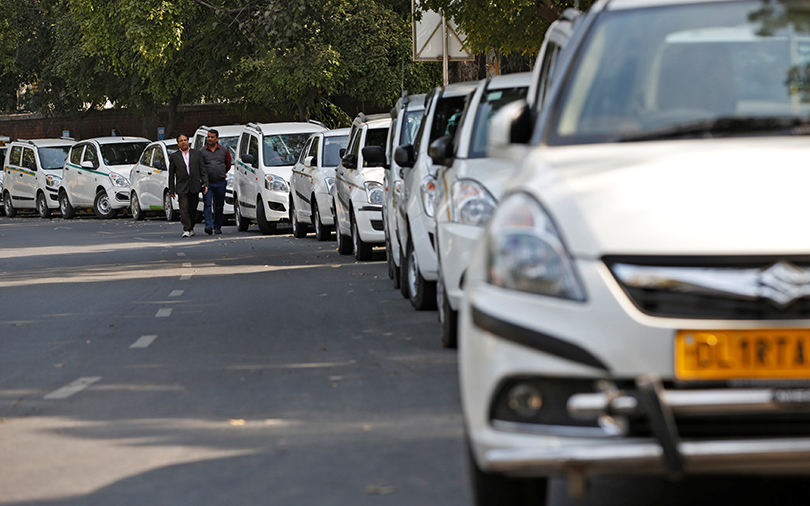
The call for a one-day strike on Tuesday by driver-partners of taxi-hailing companies Uber and Ola, as well as kaali-peeli taxi operators, may inconvenience commuters in Delhi-NCR.
A majority of the estimated 150,000 cab operators may stay off roads on 18 April despite a Delhi High Court order restraining them from doing so.
The agitation is being organised by the Sarvodaya Driver Association of Delhi in support the demands by Uber- and Ola-registered drivers. The protestors had also planned to march to Delhi chief minister Arvind Kejriwal’s residence to submit a memorandum.
“The honourable court has issued a perpetual injunction restraining unions, their leaders, members and their followers from preventing Uber driver-partners from going about their work. We welcome the court’s order and hope that it will enable drivers to stay behind the wheel, without fear or harassment,†said a Uber spokesperson in an emailed statement.
The court has also stopped the union and their members or associates from removing or confiscating the mobile devices installed in the app-based cabs, besides restraining them from staging any dharna or causing violence near the Ola and Uber offices.
However, Kamaljeet Gill, president of the drivers’ association told Hindustan Times that nothing had changed since the February protests. “Drivers continue to slog for 16-18 hours daily and still are barely earning enough to eat and pay their car EMIs. Fares of registered city taxis can only be fixed by the government, whereas, Ola-Uber continue to levy their own rates,†Gill told the daily.
In February, SDAD had led the indefinite strike that lasted for almost two weeks. The protesters had demanded better perks, unrestricted hours to meet targets, accident insurance and an increase in the minimum charge of Rs 6 per kilometre.
Uber and Ola had been witnessing sporadic protests by their driver-partners across the country, including Mysore, Guwahati, Bangalore, Kochi and Delhi-NCR, since late 2016. From January, the protests had snowballed into a nation-wide movement affecting Delhi, Bangalore, Hyderabad and Mumbai.
Like this report? Sign up for our daily newsletter to get our top reports.